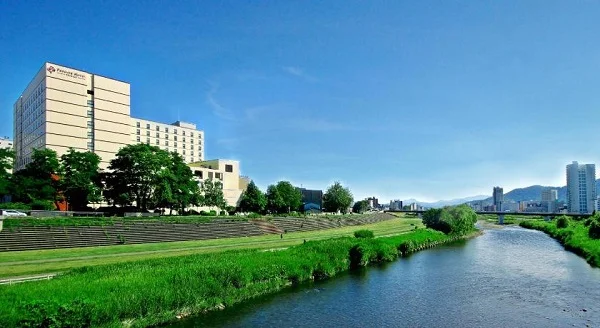Environmental safety and environmental management

Educational program code
8D05201
Language of instruction
Kazakh, Russian
Learning level
Doctoral Studies
Duration of study
3 year
Objectives of the educational program
training of professional personnel with fundamental educational, methodological and research knowledge and skills capable of applying them in the process of teaching and scientific research in the field of the environment
- Academic Writing
- Methods of scientific research
- Environment and man
- Agricultural ecology
- Waste storage and recycling
- Sustainable waste management
- Modern methods of environmental monitoring and assessment
- Bioindication of the environment
- Medical ecology
- Industrial toxicology
- The physiological basis of plant resistance
Learning outcomes and competencies
- plans, develops, implements and critically analyzes the complex process of scientific environmental research. Conducts his own original research, followed by commercialization. Prepares and presents research results in the form of scientific articles and presentations
- - Assesses the environmental risk created by the waste disposal facility for air, water, and soil in order to sustainably manage industrial production using quantitative calculation methods and regulatory documents
- - Argues and defines the ecological state of the natural and man-made environment. Assesses the level of environmental risk created by industrial enterprises on various components of the ecosystem: air, water, soil, biota and humans
- - Monitors and analyzes the quality of the aquatic environment, soil, and atmosphere using specialized monitoring devices and bioindication methods. Plans, develops and organizes a set of environmental measures for the sustainable development of the ecosystem
- - Conducts soil, agrochemical, morphophysiological and biochemical studies of soil and plants to study the ecological state of the agroecosystem. Identifies environmental problems of agriculture (consequences of chemicalization, mechanization) and industrial production
- - Substantiates the selection of methods, including phytoremediation, aimed at restoring the ecosystem
- - Assesses the state of the environment and biota, develops environmental protection measures at various levels, critically assess the nature and direction of man-made impacts on the environment and its quality based on monitoring results; substantiates the most important principles and laws of environmental protection and rational nature management